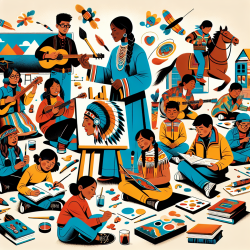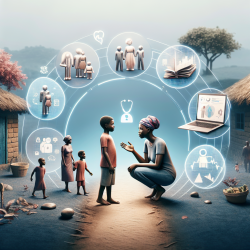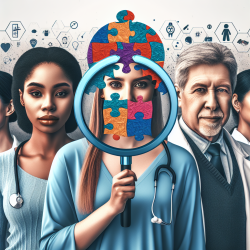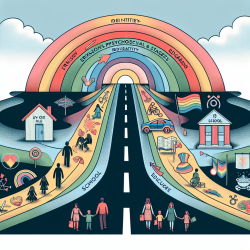The transformative power of afterschool programs lies not just in the activities they offer but in the voices they amplify. A recent study titled “Nothing Is Gonna Change If We Don't Care for Everyone” highlights how Indigenous youth in Regina, Canada, are using afterschool programs to redefine their roles as cultural leaders and agents of change. This narrative inquiry sheds light on the profound impact these programs have on youth development and community transformation.
The Growing Young Movers Program: A Catalyst for Change
The Growing Young Movers (GYM) afterschool program was established in North Central Regina to address the declining health and wellness outcomes among Indigenous youth. Funded as a corrective response to social exclusion and health disparities, the program aimed to provide a holistic wellness experience for children aged 6-10 years. However, its impact extended far beyond its initial goals.
High school students aged 16-18 served as peer mentors, taking on roles that were far more complex than anticipated. These young leaders viewed themselves as cultural custodians and knowledge holders, actively working towards community reconstruction.
Narrative Inquiry: Understanding Youth Perspectives
Narrative inquiry was employed to explore the experiences of three Indigenous youth mentors: Candice, Clary, and Colin. This methodology allowed researchers to delve into the personal stories and lived experiences of these mentors, revealing how they perceived their roles within the program.
The findings challenged dominant narratives that often portray youth as passive recipients of program benefits. Instead, these mentors saw themselves as active participants in shaping their community's future.
Key Themes: Leadership, Resilience, and Community
- Cultural Leadership: The mentors embraced their roles as cultural leaders, using their positions to impart traditional values and practices to younger participants.
- Resilience: Despite facing racial stereotypes and systemic barriers, the mentors demonstrated remarkable resilience. They used their experiences to foster a sense of belonging and empowerment among younger participants.
- Community Engagement: The program emphasized mentorship and role-modeling over competition. This approach fostered a sense of community that contrasted with the often individualistic nature of other youth programs.
Practical Applications for Practitioners
For practitioners looking to implement similar programs or enhance existing ones, this study offers valuable insights:
- Prioritize Youth Voices: Engage youth in the planning and execution of programs. Their insights can lead to more relevant and impactful activities.
- Embrace Narrative Inquiry: Use narrative methods to understand the lived experiences of participants. This approach can uncover hidden strengths and challenges within your program.
- Focus on Mentorship: Develop intergenerational mentorship opportunities that allow older youth to guide younger participants. This fosters leadership skills and community cohesion.
Encouraging Further Research
This study underscores the importance of understanding youth perspectives in program development. Practitioners are encouraged to conduct further research into how narrative inquiry can enhance program effectiveness and participant engagement.
The success of the GYM program demonstrates that when youth are empowered to lead, they can drive significant social change. By prioritizing their voices and experiences, practitioners can create programs that not only meet immediate needs but also contribute to long-term community transformation.
To read the original research paper, please follow this link: “Nothing Is Gonna Change If We Don't Care for Everyone”: A Narrative Inquiry Alongside Urban Indigenous Youth in an Afterschool Physical Activity Wellness Program.










